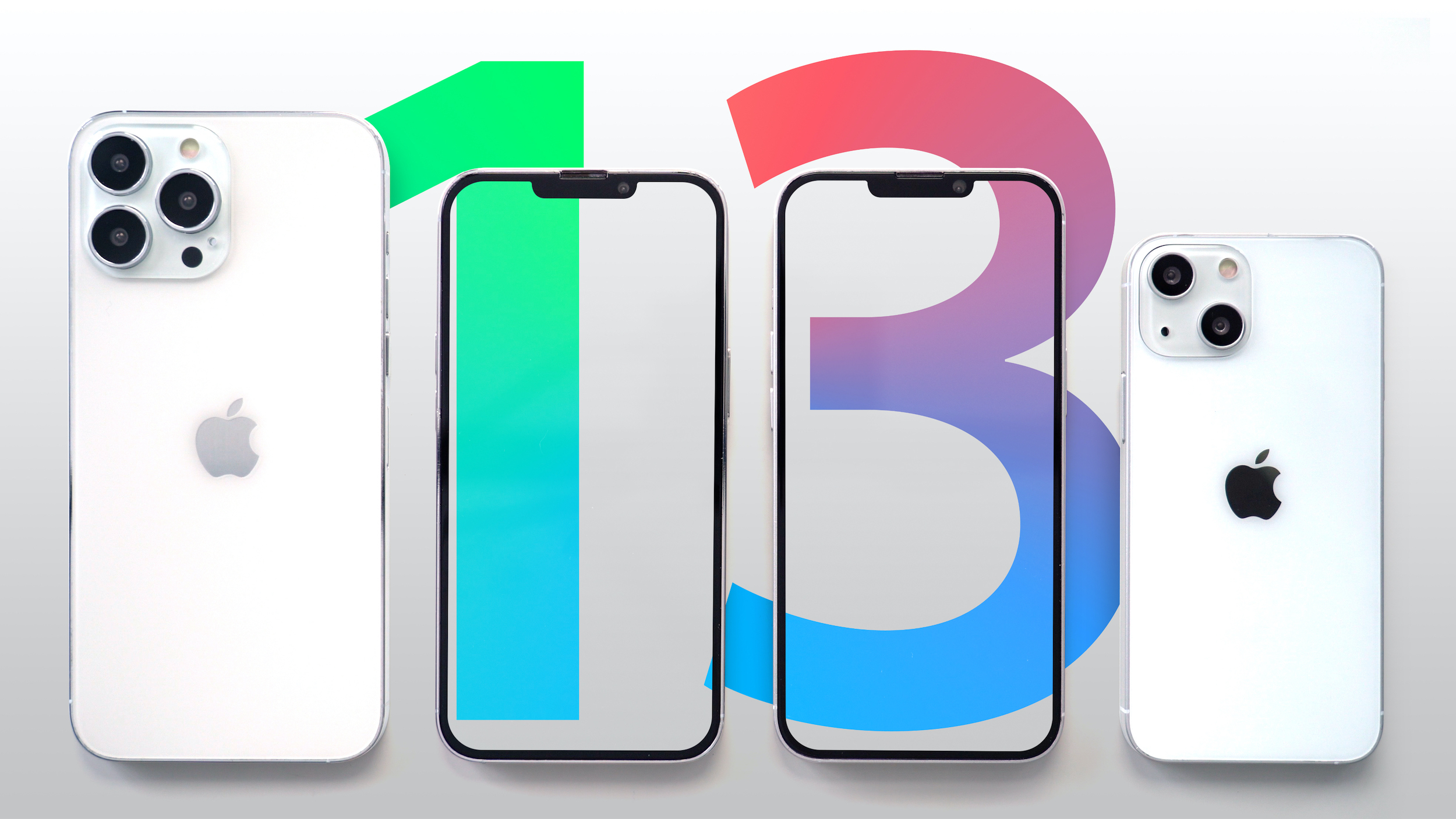
Over the weekend, Apple analyst Ming-Chi Kuo sent out a research note suggesting that the iPhone 13 was "likely" to support low earth orbit satellite communication, a feature that would allow iPhone users to make calls and send messages when cellular and WiFi connections are unavailable.

In this note, Kuo said that Apple would use a "customized" Qualcomm X60 baseband chip that supports satellite communications. He also claimed that Apple would work with Qualcomm partner Globalstar on the basis that Qualcomm is implementing support for Globalstar's n53 band in a future modem.
Almost immediately, mobile analysts and those with other expertise in mobile devices and communications began disputing Kuo's report as inaccurate.
Globalstar is indeed a satellite company that is working with Qualcomm, but the n53 band that Kuo mentions is terrestrial spectrum. In February, Globalstar announced that Qualcomm's next-generation X65 modem would offer global 5G n53 support in an effort to expand Globalstar's "terrestrial spectrum commercialization."
The n53 band is a variant of Globalstar's terrestrial Band 53, which is already in use for 4G and 5G private networks. Nokia, for example, is using Band 53 for a private wireless network at the Port of Seattle. Globalstar is using the mid-band spectrum for partner companies that would otherwise not have access to licensed spectrum.
Globalstar does not market or offer Band 53 or n53 spectrum for satellite communications - it is solely for terrestrial coverage. Satellite to terrestrial communication is not a function of the spectrum that Kuo mentioned, and it's not approved for that kind of use.
It's worth noting that Qualcomm is partnering with Globalstar for Band 53 in the X65 modem, which is not the modem that Apple is using this year. Apple is using the X60, but it seems that there may be a special variant designed for Apple that does support n53. That doesn't mean the iPhone 13 will get satellite communication functionality, and signs suggest that this instead points toward the possibility of 5G connectivity improvements.
Many people have pointed out the issue between Kuo's prediction and the actual function of the n53 band. PCMag's Sascha Segan, for example, says that while the X60 may have the support for Globalstar's Band 53, that in no way means that it's going to communicate with satellites. Other Twitter users have pointed out similar issues, and have provided more technical details for those interested.
Kuo often has accurate insight into Apple's plans, but there seems to have been some kind of miscommunication or misunderstanding with his note to investors. It's possible that Kuo believes that the X60 will support some other spectrum that's not n53, but given that he mentions n53 specifically and the upcoming Qualcomm X65 modem supports n53 and not spectrum that would enable low earth orbit satellite communications, it seems very unlikely.
There have been rumors that Apple has a "secret" satellite team working on ways to use satellites for communication purposes. Apple has a dozen aerospace, satellite, and antenna design engineers working on the project, Bloomberg said in 2019.
Apple's aim with the project is to reduce dependence on wireless carriers and improve coverage, and Apple at the time was said to be hoping to produce results "within five years."
That timeline would see Apple launching some kind of possible satellite communication feature around 2024.
Article Link: iPhone 13 Satellite Support Rumor Disputed, Likely for Additional 5G Spectrum
Last edited:


